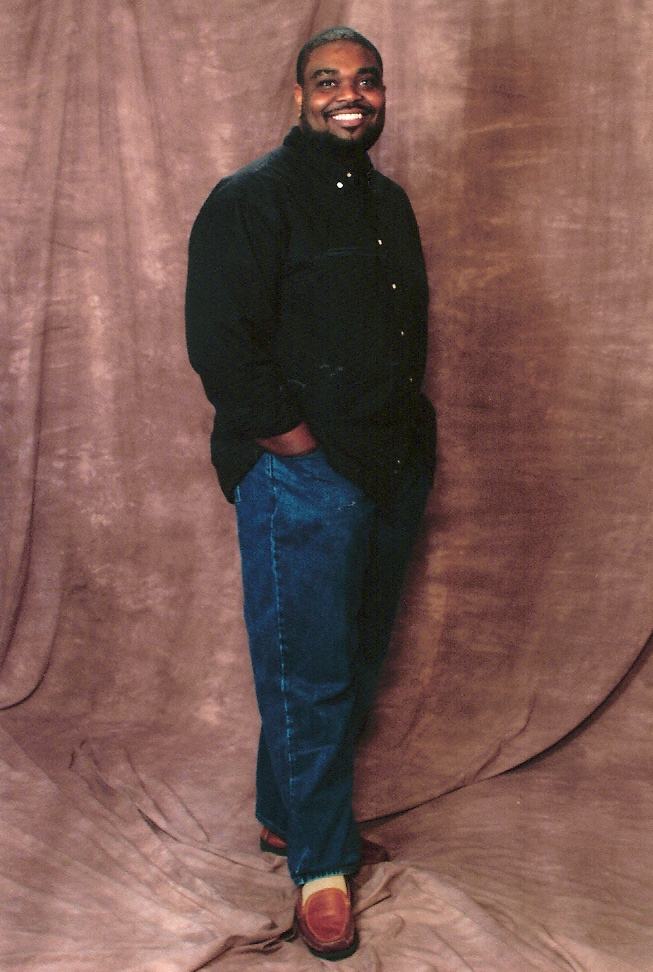I have to admit, with preparing to speak at a retreat next weekend, having family members in town for Christmas, taking care of a sick baby, and gearing up for a new seminary semester next week, I have been a little out of touch with world events. In fact, I've been downright insensitive to them--especially to the catastrophic tsunamis in SE Asia and Africa.
My congregation supports a couple of missionaries in Africa, and our friends Russ and Rebecca Debenport are headed to Thailand in a few weeks to join a mission work there. It seems like this is something that I would have had my antenna up about, but I didn't.
I am glad others are not asleep at the wheel. The U.S.--who was recently called "stingy" for not sending enough humanitarian aid--is sending more money than any other country in the world. In fact, we are sending more government aid than all the other countries in the world combined! I'm glad to see my tax dollars go to work for something like this. In addition, the government dollars sent do not account for the additional millions that Americans will send through private humanitarian efforts.
Events like this push many of us to ask some significant spiritual questions. I wish that I could answer all of them, but no one can--at least on this side of Heaven. My friend, Edward Fudge--who has been diagnosed with Parkinson's Disease--recently penned this reflection about the events in SE Asia and life and death. I don't think I could much improve his sentiment.
"This final week of 2004 has seen what is perhaps the largest natural disaster in the world's history, following an earthquake under the Indian Ocean more than 740 miles long and having the force of a million atomic bombs. The quake, which jolted the earth's rotation, spawned monster waves called tsunamis which swept across the Indian Ocean, killing (says the Associated Press) more than 44,000 people in eleven countries from Thailand to Somalia. Indeed, human life is fragile and precious, in the big picture and in our individual cases.
Immortality is Christ's accomplishment and the Christian's hope. Mortality is what I am encountering more and more frequently in daily experience. The notion that we don't have time to be sick, or that infirmity only comes to other people, quickly vanishes when illness actually strikes. The truth is that from the day we leave the womb, we are dying people living in broken bodies in a fallen world. Sickness is not the wonder. Wellness is the grace. Saying so is not yielding to morbidity but simply telling the truth.
The larger truth, as we recently reflected around the breakfast table, is that this world is preparatory to another, for which God is doing all that we will allow to get us ready. "A man's life does not consist in the accumulating of things to possess," Jesus literally said. "He is richest whose joys are most simple," wrote Thoreau, the sage of Walden Pond. I knew that when I was growing up. I don't ever want to forget it now. "Brief life is here our portion," says the 12th century hymn. "The tearless life is there." Bernard of Cluny was right about it, too.
We live, die, and meet our Maker. To the believer, that is a sweet promise, not a threat or a warning. For what makes the gospel "good news" is that our Creator God himself deeply loves us and desires our company, and that -- if we ask him -- he will be with us through life and through death, every step of the way."
© 2004 by Edward Fudge. Unlimited permission to copy without altering text or profiteering is hereby granted subject to inclusion of this copyright notice
Wednesday, December 29, 2004
Subscribe to:
Comments (Atom)
